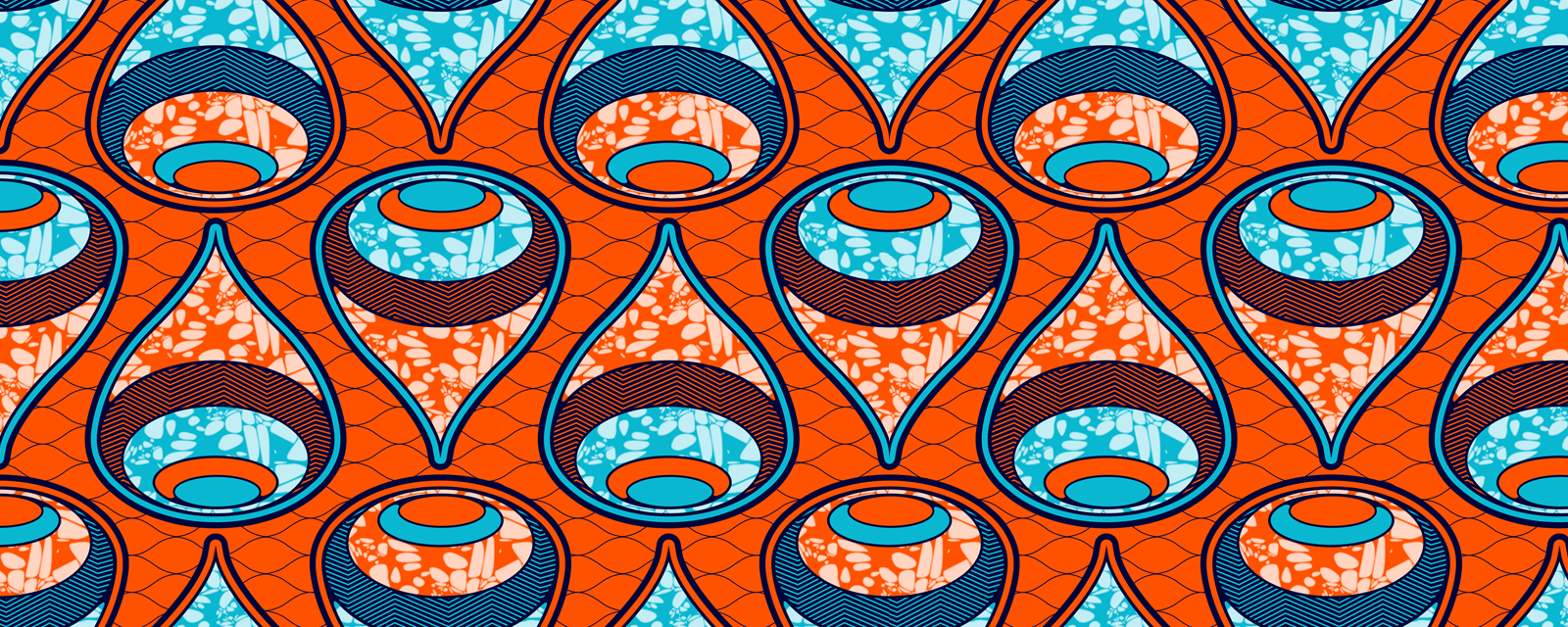The opening lines of a long Praise-Poem from Lesotho in praise of Moshoeshoe, the founder of the Sotho nation. Today the Kingdom of Lesotho is a landlocked country surrounded by South Africa.
‘Moshoeshoe’ (pronounced mshweshwe, imitating the sound of a razor) means The Shaver, and his other praise-name Thesele means The Beater or The Thumper. As these praise-names indicate, Moshoeshoe was a warrior. However, the main emphasis of the Praise-Poem is on Moshoeshoe as the benevolent nation-builder, the father of Lesotho, who brought peace to warring factions. Interwoven into the poem are proverbs, said to be spoken by Moshoeshoe himself, about the art of government and stressing the need for rule by consent rather than by violence.
You who are fond of praising the ancestors,
Your praises are poor when you leave out the warrior,
When you leave out Thesele, the son of Mokhachane; (1)
For it is he who is the warrior of the wars:
Thesele is brave and strong,
That is Moshoeshoe-Moshaila.
When Moshoeshoe started to govern the Sotho,
He started at Botha-Bothe:
Thesele, the cloud, departed from the east,
It left a trail and alighted in the west
At Thaba Bosiu, at the hut that is a court. (2)
Every nation heard,
And the Pedi heard him too.
Moshoeshoe, clear the road of rubbish
That the Maaooa may travel with pleasure,
And travel with ease.
The Ndebele from Zulu’s heard too. (3)
Lay down the stick, son of Mokhachane,
Sit down:
The village of the stick is not built,
‘What can you do to me?’ does not build a village: (4)
The village that is built is the suppliant’s, Thesele,
Great ancestor, child of Napo Motlomelo,
Protective charm of the Beoana’s land.
The cave of the poor and of the chiefs,
Peete’s descendant, the brace warrior,
He is loved when the shields have been grasped,
When the young men’s sticks have been grasped. (5)
from Lithoko: Sotho Praise Poems,
Oxford University Press (1974),
ed. & trans. M. Damane & P. Saunders
Footnotes
- Thesele, the son of Mokhachane: Thesele was another praise-name for Moshoeshoe and means ‘The Beater’ or ‘The Thumper’, Mokhachane was Moshoeshoe’s father.
- This paragraph describes Moshoeshoe’s historic move from his home village, Botha-Bothe, to the mountain fortress of Thaba Bosiu which he made his capital.
- The Pedi and Ndebele nations aligned themselves with Moshoeshoe. Maaooa is a nickname for the Pedi.
- These lines are said to be statements made by Moshoeshoe himself referring to the need for consent of the peoples for effective governance. They are proverbs arguing against the selfishness and violence that prevent the development of a harmonious village.
- The last lines again praise Moshoeshoe’s leadership by referring to him as a ‘protective charm’ and ‘cave of the poor and of the chiefs’.

